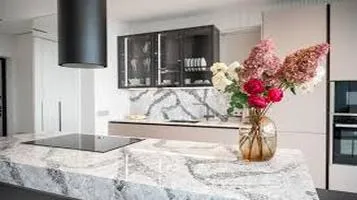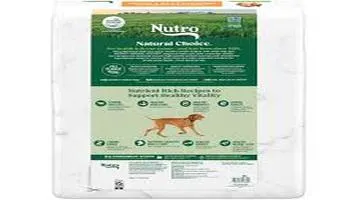Review about Quartz Countertops
Quartz countertops are a popular choice for modern kitchens and bathrooms, known for their durability and aesthetic appeal. Made from engineered stone, these countertops are composed of about 90-95% crushed natural quartz mixed with resins and pigments. This combination results in a non-porous surface that is resistant to stains, scratches, and bacteria, making it ideal for high-traffic areas. Quartz countertops offer a wide variety of colors and patterns, often mimicking the appearance of natural stone like marble or granite, providing flexibility in design. Unlike natural stone, quartz does not require sealing and is relatively low-maintenance. Its blend of beauty, practicality, and ease of care makes quartz a preferred surface choice for homeowners and designers alike.

Durability
One of the standout features of quartz countertops is their exceptional durability. Composed of approximately 90-95% natural quartz crystals and 5-10% polymer resins, quartz countertops are engineered to withstand the rigors of daily use. Quartz is one of the hardest minerals on Earth, ranking just below diamonds on the Mohs scale of hardness. This inherent strength translates into a surface that is highly resistant to chips, scratches, and cracks. Unlike natural stones such as marble or granite, quartz does not have fissures or weak points, making it a more robust option for high-traffic areas like kitchens.
Maintenance
When it comes to maintenance, quartz countertops are remarkably low-effort. The non-porous nature of quartz means that it does not absorb liquids, which significantly reduces the risk of staining. This is a major advantage over natural stones like granite and marble, which require regular sealing to prevent stains and bacteria buildup. With quartz, a simple wipe-down with mild soap and water is usually sufficient to keep the surface looking pristine. Additionally, the non-porous characteristic makes quartz inherently more hygienic, as it does not harbor bacteria or mold. This is particularly important in kitchen environments where food preparation takes place.
Aesthetic Appeal
Aesthetically, quartz countertops offer a range of possibilities that are hard to match. Available in an extensive array of colors, patterns, and finishes, quartz can mimic the look of natural stones like marble and granite or create entirely unique designs. The manufacturing process allows for a level of customization that is not possible with natural stone, enabling homeowners to choose from a variety of edge profiles, finishes, and even embedded materials like glass or metallic flecks. Whether you prefer a sleek, modern look or a more traditional, rustic vibe, there is a quartz countertop to suit your taste.
Cost
The cost of quartz countertops can be a point of contention for some homeowners. Generally, quartz is more expensive than laminate or solid surface countertops but less expensive than high-end natural stones like marble. The price can vary significantly depending on the brand, color, and thickness of the slab. While the initial investment may be higher, the long-term benefits such as durability and low maintenance can make quartz a more cost-effective option over time. It's also worth noting that the resale value of homes with quartz countertops tends to be higher, which can offset some of the initial costs.
Environmental Impact
In today's eco-conscious world, the environmental impact of building materials is an important consideration. Quartz countertops are often marketed as a more sustainable option compared to natural stones. This is because quartz is an abundant material, and the manufacturing process can utilize recycled materials. However, the resin binders used in quartz countertops are petroleum-based, which raises questions about their environmental friendliness. Some manufacturers are addressing this concern by developing bio-resins and other eco-friendly alternatives. Additionally, the long lifespan and low maintenance requirements of quartz countertops contribute to their overall sustainability by reducing the need for replacements and harsh chemical cleaners.
Conclusion
In summary, quartz countertops offer a compelling combination of durability, low maintenance, aesthetic versatility, and relative cost-effectiveness. Their non-porous nature makes them a hygienic choice, and the wide range of available designs ensures that there is something to suit every style preference. While the initial cost can be high, the long-term benefits often justify the investment. Moreover, ongoing advancements in manufacturing processes are making quartz an increasingly eco-friendly option.
For homeowners seeking a beautiful, resilient, and easy-to-maintain surface, quartz countertops are an excellent choice. Whether you are renovating an existing space or building a new home, investing in quartz can provide both immediate satisfaction and long-term value. As always, it is recommended to consult with a reputable supplier and review multiple samples to ensure you choose the perfect quartz countertop for your specific needs and aesthetic preferences.






